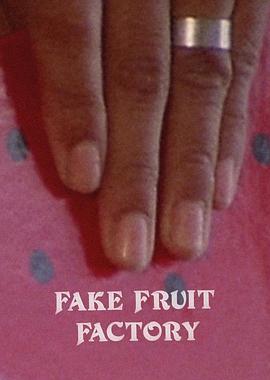In Fake Fruit Factory pioneer Chick Strand seamlessly blends ethnography with avant-garde aesthetics, offering a profound exploration of human experiences. Her uniquely intimate gaze captures subjects through texture and movement. Shot from 1981 to 1985 she observes young Mexican women who create decorative papier-mâché fruit and vegetable for a small handicraft facility. The factory’s produce surmises biblical allusions, phallic symbols, and so on, though all is supplanted by a sharp sociological reading. Capitalism sells copies painted with realism, local bodies labour under external surveillance.
展开


